 In a recent personal injury case, Latulippe v. West Jefferson Medical Center, the Louisiana Court of Appeal tackled the complexities of assessing damages in a car accident case where the plaintiffs had pre-existing medical conditions. The case arose from a rear-end collision on the Crescent City Connection bridge involving an ambulance. While the defendant admitted fault, the extent of the plaintiffs’ injuries and the appropriate compensation became the central point of contention. The appellate court ultimately affirmed the trial court’s decision, highlighting the importance of proving causation and the impact of injuries on the plaintiffs’ lives, even with pre-existing conditions.
In a recent personal injury case, Latulippe v. West Jefferson Medical Center, the Louisiana Court of Appeal tackled the complexities of assessing damages in a car accident case where the plaintiffs had pre-existing medical conditions. The case arose from a rear-end collision on the Crescent City Connection bridge involving an ambulance. While the defendant admitted fault, the extent of the plaintiffs’ injuries and the appropriate compensation became the central point of contention. The appellate court ultimately affirmed the trial court’s decision, highlighting the importance of proving causation and the impact of injuries on the plaintiffs’ lives, even with pre-existing conditions.
Two brothers, Daniel and Casey Latulippe, were rear-ended by a West Jefferson Medical Center (WJMC) ambulance while stopped in traffic. The ambulance driver admitted fault, stating he didn’t brake to avoid the collision out of concern for the patient and EMT in the back.
Both brothers, along with their wives, sued WJMC for damages. The case went to trial, focusing solely on causation and the extent of the brothers’ injuries.
 Louisiana Personal Injury Lawyer Blog
Louisiana Personal Injury Lawyer Blog


 A recent Louisiana
A recent Louisiana  In a heart-wrenching case involving the sexual assault of a patient at an outpatient psychiatric treatment facility, the Louisiana Court of Appeal, Third Circuit, recently affirmed a summary judgment that dismissed claims against two individual owners/officers of the facility. The decision, handed down in
In a heart-wrenching case involving the sexual assault of a patient at an outpatient psychiatric treatment facility, the Louisiana Court of Appeal, Third Circuit, recently affirmed a summary judgment that dismissed claims against two individual owners/officers of the facility. The decision, handed down in  In today’s interconnected world, it’s not uncommon for employees to find themselves working across state lines. But what happens when an injury occurs in a different state than where the employment contract was formed? Whose laws apply? Can an injured worker sue their employer, or are they limited to workers’ compensation benefits? These questions were at the heart of the recent case
In today’s interconnected world, it’s not uncommon for employees to find themselves working across state lines. But what happens when an injury occurs in a different state than where the employment contract was formed? Whose laws apply? Can an injured worker sue their employer, or are they limited to workers’ compensation benefits? These questions were at the heart of the recent case 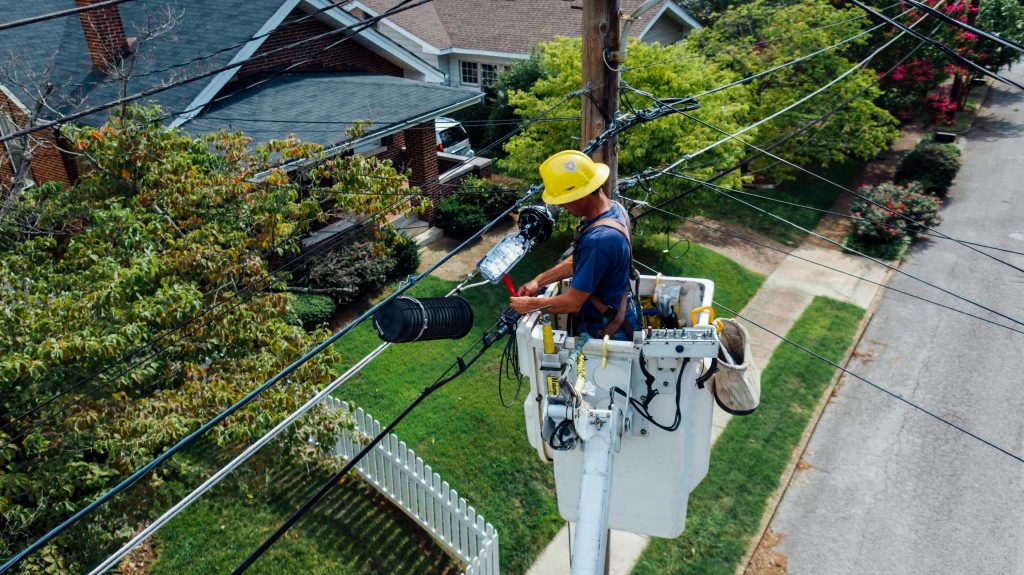 Contracting and subcontracting in the construction industry are standard practices. However, they can create several challenges when a worker is injured. What happens, for instance, when the employee of a subcontractor is injured by a device owned and operated by a municipal government unconnected to the construction project at hand? The Louisiana First Circuit Court of Appeal recently addressed this question when a worker was injured by an overhead power line.
Contracting and subcontracting in the construction industry are standard practices. However, they can create several challenges when a worker is injured. What happens, for instance, when the employee of a subcontractor is injured by a device owned and operated by a municipal government unconnected to the construction project at hand? The Louisiana First Circuit Court of Appeal recently addressed this question when a worker was injured by an overhead power line. 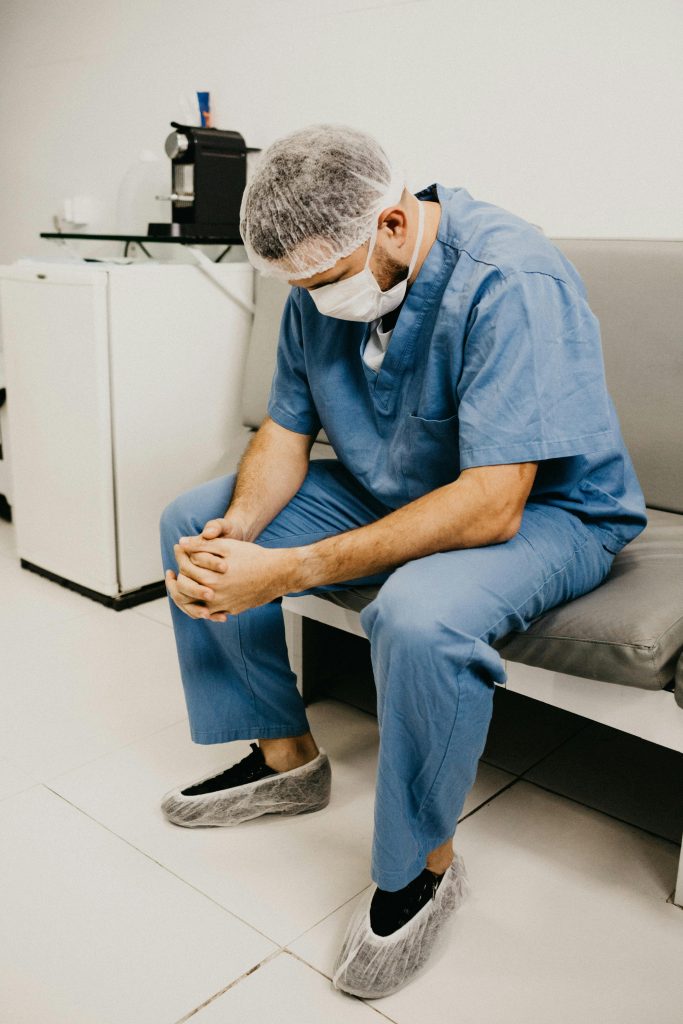 Providing sufficient expert testimony can be crucial to prevailing a medical malpractice lawsuit. But what happens when the court determines that the expert testimony offered by a doctor on the plaintiff’s behalf is insufficient because the doctor does not specialize in the same field as the defendant?
Providing sufficient expert testimony can be crucial to prevailing a medical malpractice lawsuit. But what happens when the court determines that the expert testimony offered by a doctor on the plaintiff’s behalf is insufficient because the doctor does not specialize in the same field as the defendant? 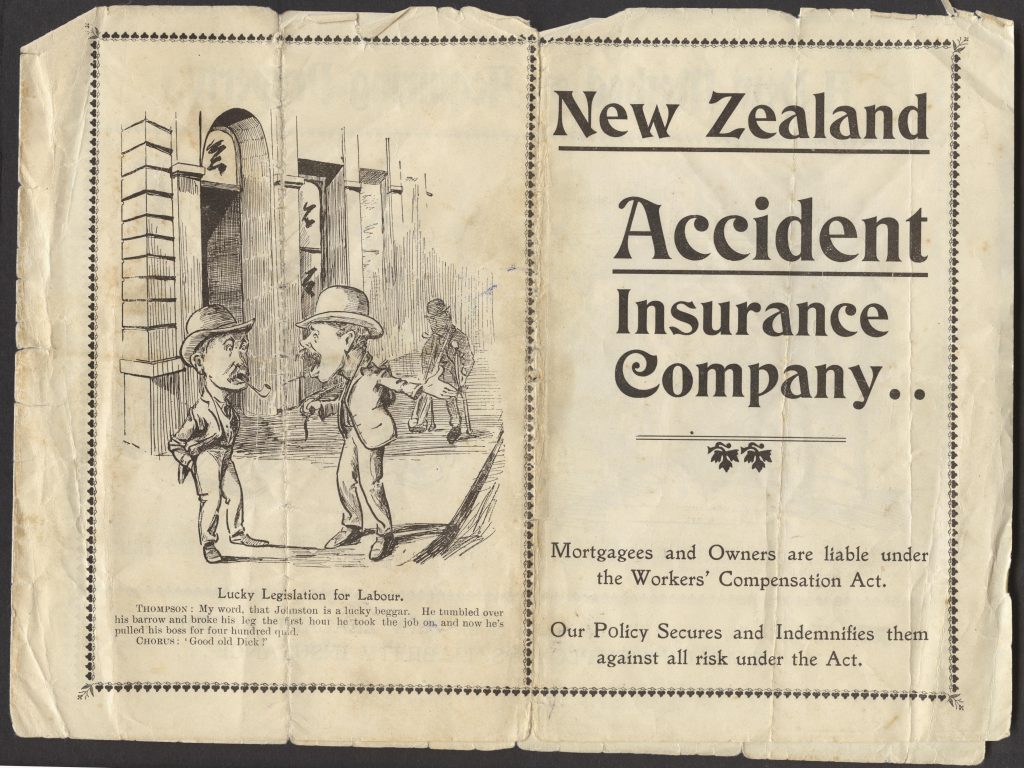 If you are injured on the job, you might be entitled to compensation through the workers’ compensation system. What happens if your employer denies your claims for treatment recommended by your treating physicians? Can your employer be required to pay you penalties and fees?
If you are injured on the job, you might be entitled to compensation through the workers’ compensation system. What happens if your employer denies your claims for treatment recommended by your treating physicians? Can your employer be required to pay you penalties and fees? While involved in a legal dispute, there are strict timelines that must be followed, not only for filing an initial lawsuit, but also for filing any subsequent appeals. However, arguments can arise about what timeline applies to a certain factual situation.
While involved in a legal dispute, there are strict timelines that must be followed, not only for filing an initial lawsuit, but also for filing any subsequent appeals. However, arguments can arise about what timeline applies to a certain factual situation. 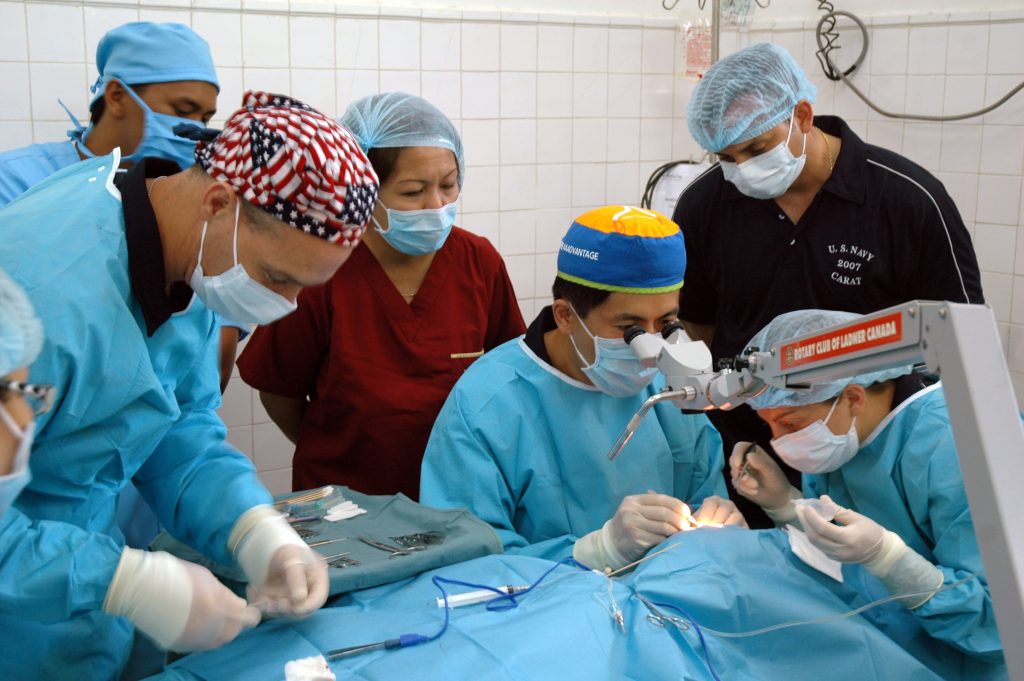 “Causation is an issue of fact.” “It is the test for determining the causal relationship between an accident and an ensuing injury.”
“Causation is an issue of fact.” “It is the test for determining the causal relationship between an accident and an ensuing injury.” 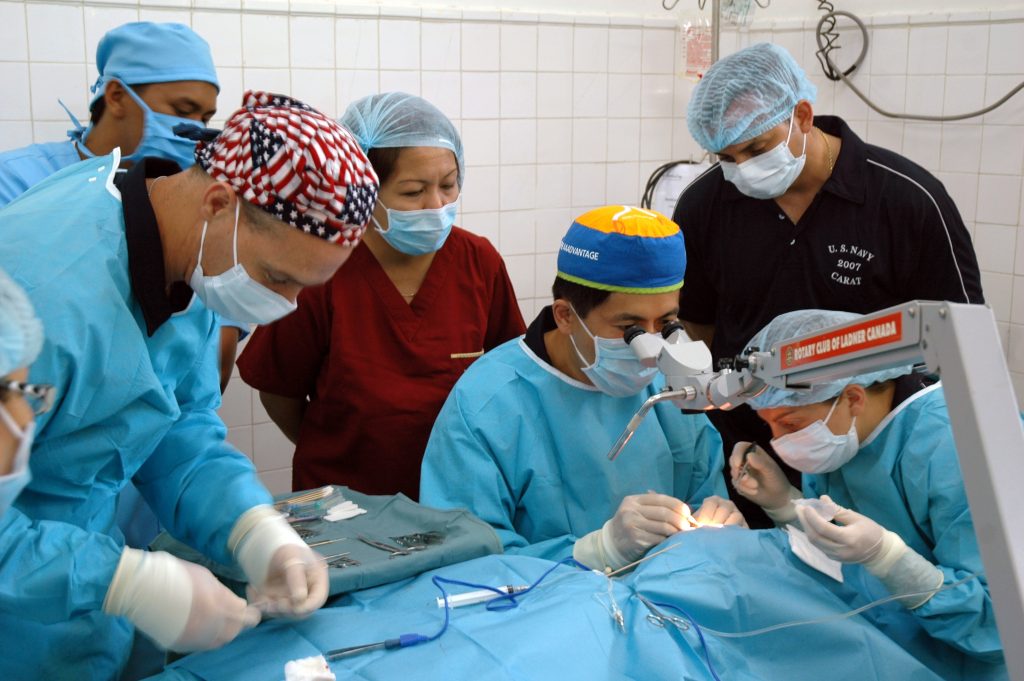 Undergoing a surgery is always a nerve-wracking experience. You want to be able to trust that your surgeon conducted and reviewed the appropriate pre-operative tests. Can a surgeon be held liable if he or she fails to review the results of the pre-operative tests before performing the surgery?
Undergoing a surgery is always a nerve-wracking experience. You want to be able to trust that your surgeon conducted and reviewed the appropriate pre-operative tests. Can a surgeon be held liable if he or she fails to review the results of the pre-operative tests before performing the surgery?